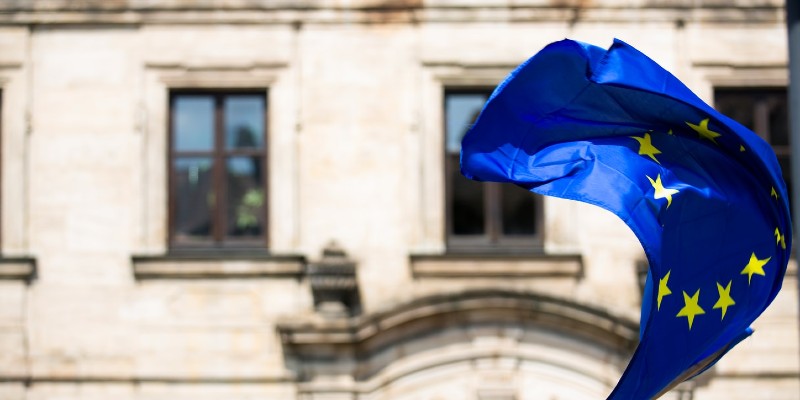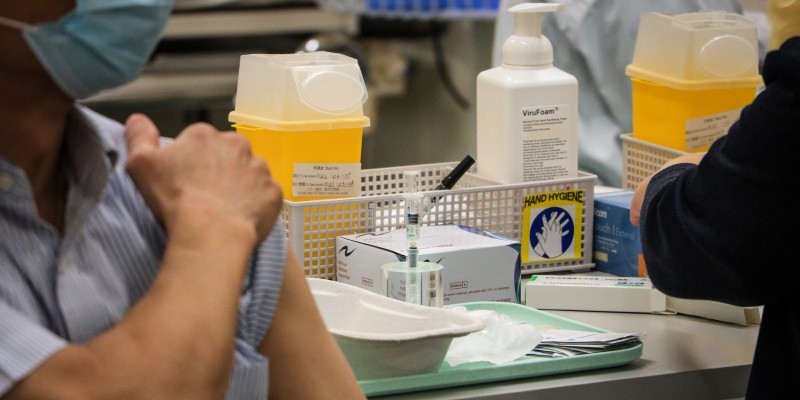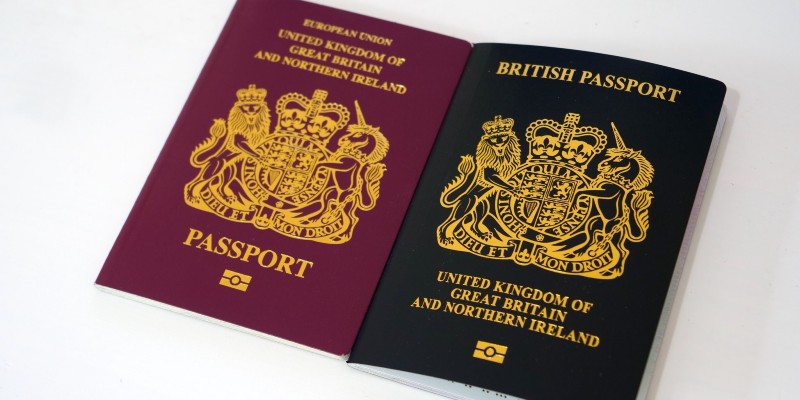Making Sense Of The EU’s Prospective Travel ‘Green Certificates’ Rollout
European Union officials met this week to discuss the possibility of rolling out ‘digital green certificates’ to expedite the return of tourism to the continent.

Many tourism-reliant countries within the EU have been calling for a process that would allow visitors to return as quickly as possible. The Union’s executive committee presented the ‘green certificates’ proposal this week which would allow free movement within the block for EU citizens – whether they’re vaccinated or not.
But the green certificates policy has been a divisive issue on the continent since the first talk of vaccine passports circulated last year. So what is all the arguing about?
The division
Understandably, countries in southern Europe that rely heavily on free movement and tourism, such as Greece and Spain, are supporters of the green certificates initiative and had been receptive to the idea of vaccine passports previously. However, they’re likely to support any measures which would open the door to a return of free tourism as quickly as possible.
Opposition to the certification programs is mainly coming from France, who labelled vaccine-led systems as ‘premature’ and ‘discriminatory’. With many EU citizens not yet having access to vaccinations, French ministers are suggesting that only allowing travel certification to those who have been inoculated would lead to frustrations between citizens.
France 24 have published figures from the European Centre for Disease Prevention and Control which suggests less than 5% of European citizens have been fully vaccinated amid delays in deliveries and production of vaccines.
How are Green Certificates different to vaccine passports?
At a meeting next week EU leaders are expected to give green certificates the *ahem* green light, as a way to satiate both sides of the argument.
These new digital certificates would be available for presentation on smartphones or in paper form and granted to travellers on the proviso they’ve taken the vaccine, returned a negative COVID-19 test result, or provided proof that they’ve recovered from the virus. Whereas previous models would only allow movement to those who had been vaccinated.

It’s hoped this new system will be rubberstamped and implemented on the continent as soon as possible. With pressure mounting on EU leaders, from member countries and the aviation sector, to have a solution in place which allows free movement around the bloc before the all-important summer season kicks in.
European Commission Vice President, Vera Jourova told Czech public radio:
We all want the tourist season to start. We can’t afford to lose another season. Culture and other sectors which depend on tourism terribly suffer. We’re talking about ten’s of millions of jobs
Would green certificates recognise all vaccinations?
Potentially, yes.
The Commission have, so far, suggested that all inoculations recognised by the European Medicines Agency would be acceptable for green certificates.
It has also been suggested that even the Russian ‘Sputnik’ and Chinese ‘Sinovac’ treatments could be acceptable too, even though they haven’t been officially ratified by the EU market.
So what does this mean for UK travellers?
Well, that is the big question…
With Brexit moving forwards and the well-publicised fraught nature of the relationship between UK and EU leaders following the split. It’s unlikely that green certificates would be taken up in exactly this form here in Britain.
However, the BBC has reported, Business Secretary Kwasi Kwarteng said the government has been “discussing what the best way to proceed is.” with regards to the possible uptake of internationally recognised vaccine passports.

There’s no denying that, with a third of the population (around 25 million people) already having received their first jab, the UK is in a stronger position to implement a vaccination-led system than our European counterparts.
But the current delay in vaccinations may have an effect on that continued rollout. Although, Matt Hancock has announced the UK is still “on track” with its vaccine program despite a 4-week delay on vaccines reaching the country.
All eyes on the EU meeting next week to see what’s decided as far as green certificates go.





